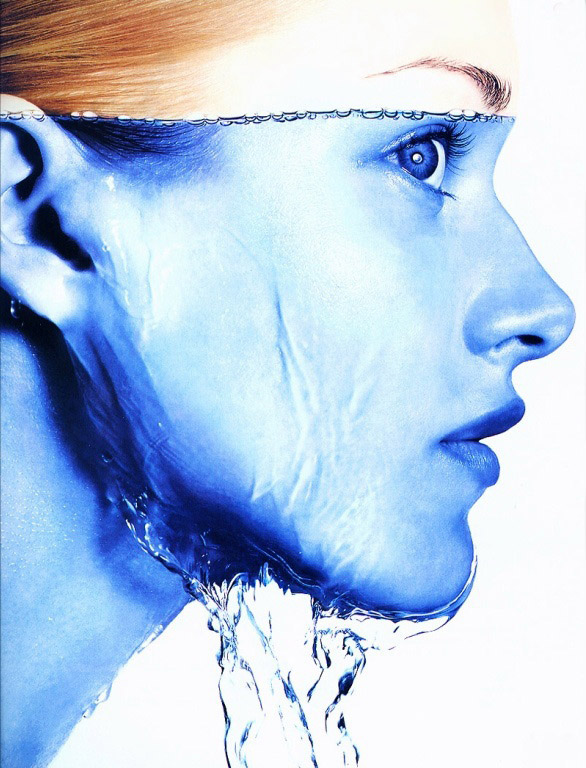
You’ve heard it before, and you’ll hear it again: drink at least 8 glasses of water a day. But it’s not so simple. Being hydrated is complicated, so I’ll boil it down.
Without water, we would die in about 3 days. In a state of dehydration, we start to age, and we egg on illness. It’s easy to become dehydrated because we lose water every minute just by sweating and going to the bathroom. For the average person, keeping hydrated is essential for overall bodily health and function. For athletes, hydration is imperative for peak performance; a lack of proper hydration can result in tired or cramped muscles, heat exhaustion, poor coordination, and a compromised ability to cool down body temperature.
Our bodies have 4 ways of regulating our bodily fluid reserves to help keep us balanced: hormones ADH (antidiuretic hormone) and aldosterone, the thirst mechanism, and our nervous system. The first three are what you should know more about. The body produces the hormones ADH and aldosterone when its body fluid reserves are low. These hormones work in ways that increase blood pressure so that more water and ions can be reabsorbed by the kidney. This process attempts to conserve sodium and potassium. When deregulated, ADH and aldosterone contribute to cardiovascular, and the latter to kidney (renal) disease.
Two ways humans can become dehydrated are through the loss of fluids and the loss of electrolytes. Electrolytes, when dissolved in fluid, tend to break apart into their component ions. The body’s 7 main electrolytes are sodium, calcium, chloride, magnesium, potassium, phosphate, and bicarbonate. An example of body function when it’s in a deficit of electrolytes is muscle weakness or cramping due to a deficiency of calcium, potassium, and sodium. On the other hand, too much sodium can cause high blood pressure. So how does one regulate electrolyte balance? Through a balanced diet. Food that is naturally high in electrolytes are fruits and vegetables, salt and sugar, nuts, bread, milk, fruit, rice, potatoes, and soups. Of course, there are many more, just a quick google search away.
For athletes and people who exercise regularly, this is important: contrary to what sports drink marketers claim, the body doesn’t require additional electrolytes from drinks like Gatorade for at least 1.5 hours. Average electrolyte loss rates by sweat from running or biking are about 1 gram per hour for sodium, and 0.2 grams per hour for potassium, which is less than one third of what the body holds. However, the body can typically restore electrolyte loss for up to 1.5 to 3 hours! It is not recommended that athletes attempt to completely restore their electrolyte stores post-exercise.
If you’re concerned about your electrolyte intake, check out this link to see which foods you might want to add to your diet. Remember: start slowly, not all at once.